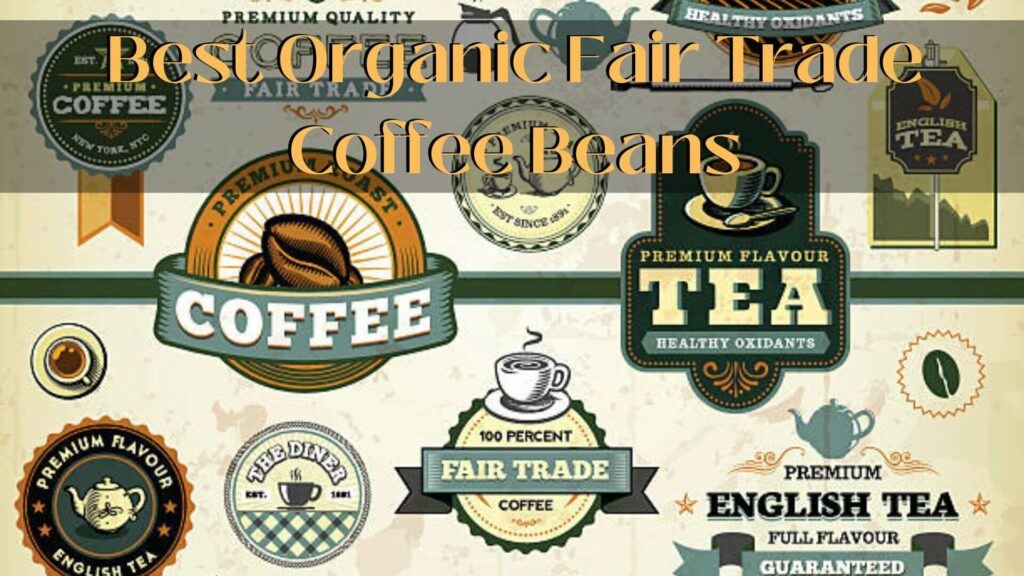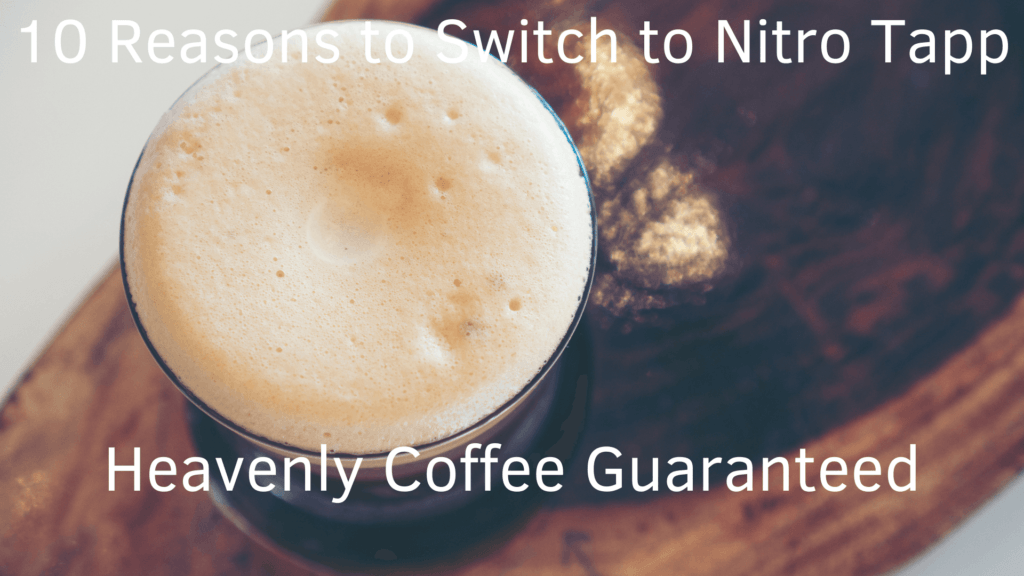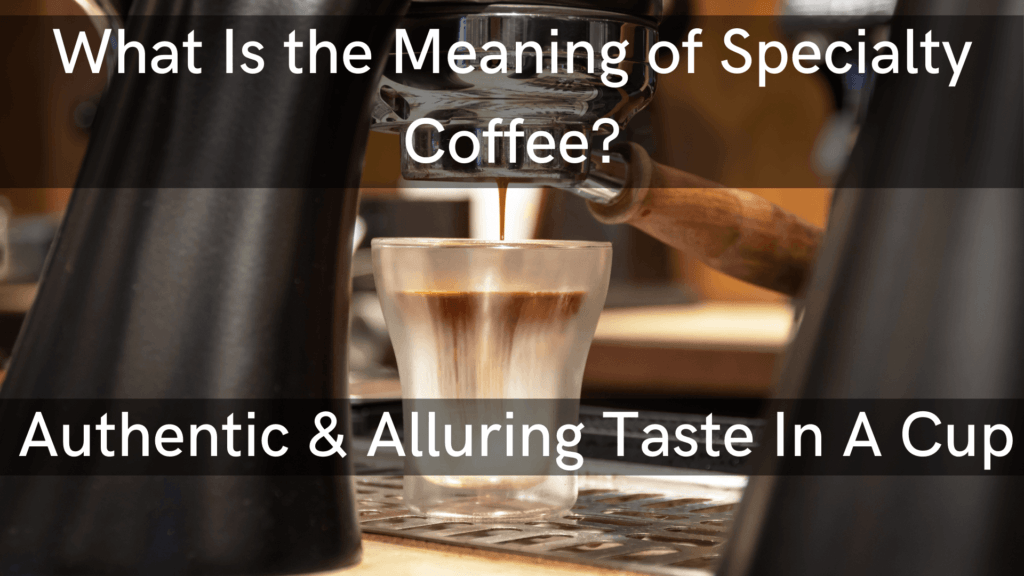Look no further than the best organic whole bean coffee! Are you tired of drinking stale, tasteless coffee that makes you feel like you’re drinking a cup of hot water?
Yes, that’s right. Organic coffee beans are the new cool kids on the block. They’re fresh, environmentally friendly, and make your morning cup of joe taste like heaven in a mug. But not all organic coffee beans are created equal. Some are bland, some are burnt, and some just taste like dirt (no offense to the dirt).
That’s where the best organic whole bean coffee comes in. This coffee is not only organic, but it’s also whole bean, which means it’s fresher and more flavorful than your average pre-ground coffee. It’s like the difference between eating a freshly baked loaf of bread and a stale piece of toast sitting on your counter for a week.
But wait, there’s more! The best organic whole bean coffee is also ethically sourced, which means that the farmers who grew the beans were paid fairly for their hard work. And let’s be real; nothing tastes better than a guilt-free cup of coffee.
So if you’re ready to take your coffee game to the next level, ditch the stale, flavorless coffee and try the best organic whole bean coffee. Your taste buds (and the environment) will thank you. And who knows, you might even become a coffee snob in the process.
What Is Organic Whole Bean Coffee?
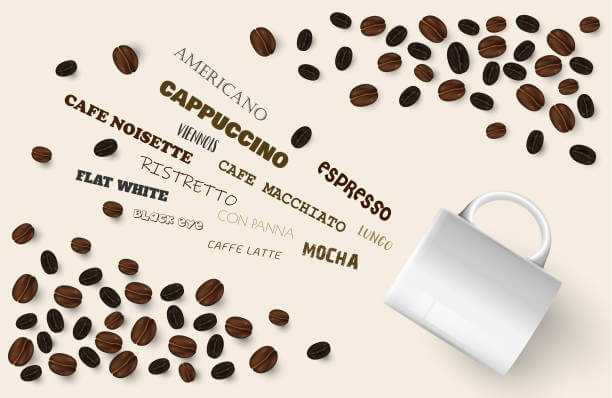
Organic whole bean coffee is coffee that has been grown without the use of synthetic pesticides, fertilizers, or genetically modified organisms (GMOs). It is also minimally processed and roasted in its natural state, with no additives or artificial flavors.
Organic coffee is grown using natural methods that promote the health of the soil and surrounding ecosystems. This is in contrast to conventional coffee farming, which relies heavily on synthetic chemicals and monoculture farming practices that can have negative impacts on the environment and surrounding communities.
related article on fair trade coffee beans
Organic fair trade coffee beans – sounds fancy, doesn’t it? But fear not, my caffeine-loving friends; it’s not just another hipster trend or a sneaky marketing ploy. In fact, organic fair trade coffee beans are the real deal, and they’re here to save the day (and the environment, and the farmers, and your taste buds).
Whole bean coffee is roasted coffee and is still in its original, unground form. This is in contrast to pre-ground coffee, which has already been processed and ground into a fine powder. Whole-bean coffee is preferred by many coffee enthusiasts because it maintains its freshness and flavor for longer periods of time and allows for greater control over the brewing process.
Organic whole bean coffee is a popular choice for those concerned about the environmental impact of their coffee consumption, as well as those looking for a more natural and unadulterated coffee experience. It is widely available in specialty coffee shops and online and can be enjoyed in a variety of brewing methods, from French press to pour-over to espresso.
Best Organic Whole Bean Coffee On Amazon – Voted By Just Another Cuppa Subscribers
These coffees have been voted the best on Amazon by not just us here at Just Another Cuppa Coffee but also our subscribers.
Don’t forget to subscribe to our mailing list to stay up to date with all our special offers!
1. death wish coffee company’s organic whole bean coffee
Look no further than Death Wish Coffee Company’s organic whole bean coffee if you’re looking for a coffee that will give you a serious kick in the pants. This coffee is made with a blend of high-quality Arabica and Robusta beans and is roasted to a bold, strong flavor that will wake you up and keep you going all day long.
2. kicking horse coffee’s smart ass organic whole bean coffee
Don’t let the name fool you – this coffee is seriously smart. Kicking Horse Coffee’s Smart Ass organic whole bean coffee is a blend of beans from Central and South America and is roasted to a medium-dark roast that brings out the perfect balance of sweetness and acidity. It’s a great choice for those who want a coffee that’s both flavorful and easy to drink.
3. Cafe don pablo’s earth organic whole bean coffee
4. no fun jo decaf organic whole bean coffee
Don’t let the name fool you – No Fun Jo Decaf’s organic whole bean coffee is anything but boring. This coffee is decaffeinated using the Swiss Water Process, which uses only water and osmosis to remove the caffeine, resulting in a coffee that’s 99.9% caffeine-free. It’s made with a blend of Central and South American beans and is roasted to a medium-dark roast that brings out the beans’ natural sweetness.
5. the mentalist dark roast organic whole bean coffee
Looking for a coffee that will help you stay focused and sharp all day long? Bulletproof Coffee’s The Mentalist dark roast organic whole bean coffee is the answer. This coffee is made with a blend of beans from Guatemala and Colombia and is roasted to a dark roast that brings out the beans’ natural chocolate and cherry notes. It’s also certified clean, meaning it’s free of mold toxins and other harmful compounds that can be found in some coffee beans.
So there you have it – our top five picks for the best organic whole bean coffee on Amazon. Whether you’re looking for a coffee that will wake you up, keep you focused, or just taste delicious, there’s something here for everyone. So go ahead, treat yourself to a bag (or five), and see what all the fuss is about!
Are Organic Coffee Beans Worth It?

Are organic coffee beans worth the extra dough? As someone who has spent more time and money than I care to admit on coffee, I feel uniquely qualified to answer this question as a self-confessed coffee addict!
First, let’s talk about what makes coffee “organic.” Organic coffee is grown without the use of synthetic pesticides, fertilizers, or GMOs. Instead, it’s grown using natural methods that promote the health of the soil and surrounding ecosystems. This is great news for the environment and the people who live and work in coffee-growing regions. But what about the taste?
Let me put it this way – if you’re someone who is happy to drink Folgers from a can, organic coffee might not be worth the extra cost. But if you’re someone who appreciates the subtle nuances of different coffee beans and the way they’re roasted, you might just find that organic coffee is worth every penny.
The thing about organic coffee is that it tends to have a cleaner, more nuanced flavor profile than conventional coffee. That’s because the beans are grown in a more natural environment, free from chemical fertilizers and pesticides that can strip away some of the flavor and aroma of the beans. It also tends to have a lower acidity level, which is great news if you’re someone who gets heartburn from coffee (guilty as charged).
Now, let’s talk about the price. Yes, organic coffee is often more expensive than conventional coffee. But consider this – you’re paying for the environmental and social benefits that come with growing coffee in a sustainable, responsible way. You’re also supporting small-scale farmers who are working hard to produce high-quality coffee beans. And let’s be real; you’re probably spending more on other things that are far less enjoyable than a good cup of coffee.
So, is organic coffee worth it? It’s a personal choice. But if you care about the environment, support small-scale farmers, and love a good cup of coffee, you might find that the best organic whole bean coffee is worth every penny. Plus, you’ll have the added benefit of feeling super smug and virtuous every time you take a sip. And isn’t that what we all really want?
related article in just another cuppa coffee
Ember, The World’s First Temperature Control Mug, is a design-centric.
Ember is the perfect coffee mug for those who care about great design and temperature control. Ember mugs keep your drinks at the perfect temperature from the first sip to the last drop.
What To Look For When Buying The Best Organic Whole Bean Coffee

If you’re on the hunt for the best organic whole bean coffee, you might feel a bit overwhelmed by all the options. But fear not my caffeine-loving friend – I’m here to help you navigate the treacherous waters of coffee shopping with a humorous twist.
First and foremost, look for coffee that is certified organic. You don’t want to fall for some sneaky marketing ploy where the coffee is called “organic” just because the beans were grown in the general vicinity of a vegetable garden. No, you want the real deal – coffee that was grown without the use of synthetic pesticides, fertilizers, or GMOs. Trust me, your taste buds (and the environment) will thank you.
Next, pay attention to the roast date. You don’t want to end up with coffee that was roasted during the Bush administration (either one) because it’s likely to taste like a burnt tire. Look for coffee that was roasted within the past few weeks for maximum freshness and flavor.
And finally, trust your gut (and your taste buds). Don’t get too caught up in what all the coffee snobs are raving about – at the end of the day, the best organic coffee is the one that makes you feel like you could conquer the world (or at least make it through a Monday morning meeting without falling asleep). So go forth, my coffee-loving friend, and find the best organic whole bean coffee for you. And if all else fails, just buy the one with the funniest name – because life is too short for bland coffee.
Is Organic Coffee Better For Your Stomach?
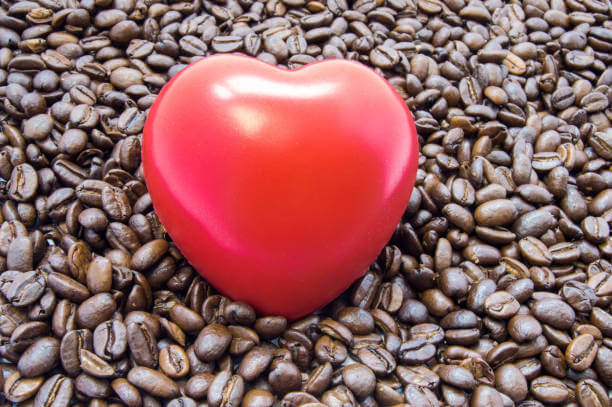
Ah, the age-old question – is organic coffee better for your stomach? As someone who has personally experienced the joys of coffee-induced heartburn, I’m happy to tackle this question.
Here’s the thing – organic coffee is grown without the use of synthetic pesticides and fertilizers, which means that there are fewer chemicals in the soil and on the beans themselves. This can lead to a cleaner, more natural taste – and, for some people, a happier tummy. But let’s be real, coffee is still coffee – and no matter how organic it is, it can still wreak havoc on your digestive system if you drink too much of it.
That being said, if you’re someone who suffers from acid reflux or other stomach issues, you might find that organic coffee is easier on your system. It tends to have a lower acidity level, which means that it’s less likely to cause that fiery, uncomfortable feeling in your chest that we all know and love. Plus, if you’re drinking the best organic whole bean coffee, you’re probably drinking a higher-quality product overall – and that can only be a good thing for your body and your taste buds.
So, is organic coffee better for your stomach? It depends on your individual body and digestive system. But it’s worth giving organic coffee a try if you want to enjoy a good cup of coffee without feeling like you’re gargling battery acid. And if all else fails, just take some antacids and blame it on the burritos you had for dinner last night – because, let’s face it, it’s always the burritos.
Best Organic Whole Bean Coffee Conclusion
And there you have it, folks – the best organic whole bean coffee on Amazon, as chosen by a caffeine-loving team of highly sophisticated coffee addicts. We’ve covered everything from light roasts to dark roasts, from bold flavors to subtle notes, and we’ve even thrown in a few terrible puns for good measure.
But at the end of the day, the best coffee is the one that brings a smile to your face and a kick to your step. So go forth and experiment – try different blends, different roasts, and different brewing methods. Heck, you might even want to start roasting your own beans in your backyard (just don’t blame us if the neighbors start complaining about the smell).
And don’t forget – when you find the best organic whole bean coffee for you, share the love. Invite your friends for a coffee-tasting party, or surprise your coworkers with a fresh pot on a dreary Monday morning. Because let’s face it, life is too short for bad coffee (and bad jokes, but we won’t get into that).
So go forth, my fellow coffee enthusiasts, and find your perfect cup of joe. And remember, as the great philosopher Homer Simpson once said, “Coffee, is the bitter liquid that provides the only semblance of pleasure in these dark times.” Cheers!


